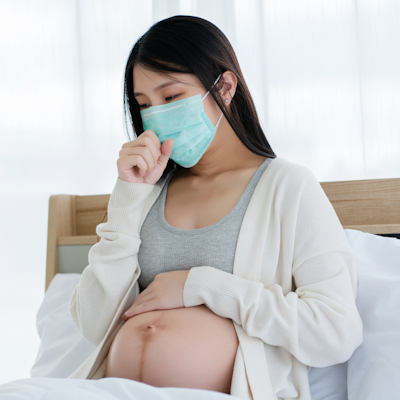April 18, 2023 -- Texas federal district court judge Matthew Kacsmaryk recently ruled to halt the nationwide availability of mifepristone, reversing the U.S. Food and Drug Administration’s (FDA’s) long-standing approval of the drug, widely used to end non-viable and unwanted pregnancies.
However, in a commentary published Tuesday in Annals of Internal Medicine, Boston University School of Public Health Professor Emerita Wendy Mariner said the decision lacks legal and scientific merit, and warned that the decision may encourage other judges to impose their own ideologies in the courtroom.
The plaintiffs have argued that mifepristone is unsafe and should never have been approved. If the decision stands, patients will lose access to a medication that has been used safely and effectively by five million women over 23 years. A Supreme Court decision upholds the status quo through Wednesday.
Mariner noted that since previous laws have not stopped women from seeking abortions, pregnancy termination should be safe and available to those who need it. "Safety decisions should remain in the hands of physicians and scientists," she wrote.
The Endocrine Society, an 18,000-member medical organization, is also concerned about the Texas court ruling. It said the decision to overrule the FDA's approval of mifepristone has broad implications for drug approvals and access to reproductive health care, and could restrict access to treatment for Cushing's syndrome, a rare endocrine disease that causes elevated cortisol levels and can sometimes be life-threatening. Mifepristone is used to treat people with Cushing's syndrome and diabetes or high blood sugar who have failed surgery or are not surgical candidates.
"The Society will continue to advocate for access to mifepristone," said Endocrine Society President Dr. Ursula Kaiser in a statement. "Physicians and trained health professionals should be able to make medical decisions based on science and the circumstances of the individual patient rather than politics."
In a retrospective cohort study published in the May 2022 issue of Obstetrics & Gynecology, Brigham and Women's Hospital researchers compared the safety and efficacy of immediately starting the medication combination of mifepristone and misoprostol after a positive pregnancy test versus waiting to initiate treatment until an ectopic pregnancy diagnosis has been ruled out. The mifepristone/misoprostol combination is highly effective for early abortion and pregnancy loss.
Typically, when patients have not yet had an intrauterine pregnancy confirmed by ultrasonogram, serial blood tests and a repeat ultrasonogram are used to rule out ectopic pregnancy -- a life-threatening condition in which a fertilized egg has implanted outside the uterus and is not viable.
The Brigham and Women's Hospital researchers concluded that administering the pills as early as possible was safe, with no increase in serious adverse events, and helped patients determine whether their pregnancies are ectopic sooner. They found no reason to mandate that pregnant patients delay initiating abortion to first obtain definitive ectopic pregnancy diagnoses.
"This study should encourage clinicians to shift clinical practice to meet the demand of patients and facilitate an approach of 'the sooner, the better,' which is what many patients want," Dr. Alisa Goldberg, Brigham and Women's Hospital obstetrician/gynecologist and corresponding author, in a statement.
Copyright © 2023 scienceboard.net










